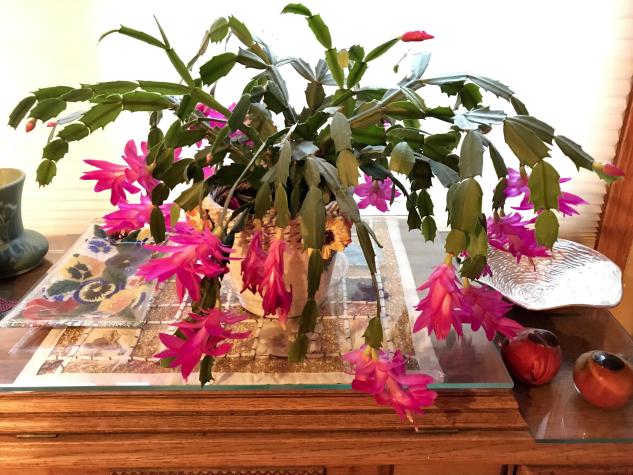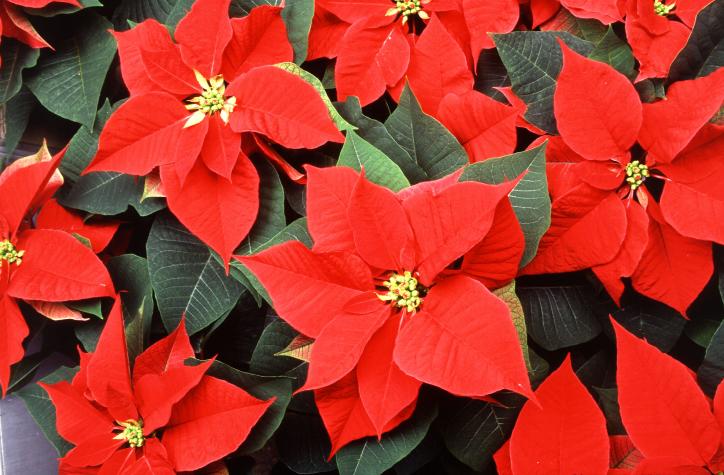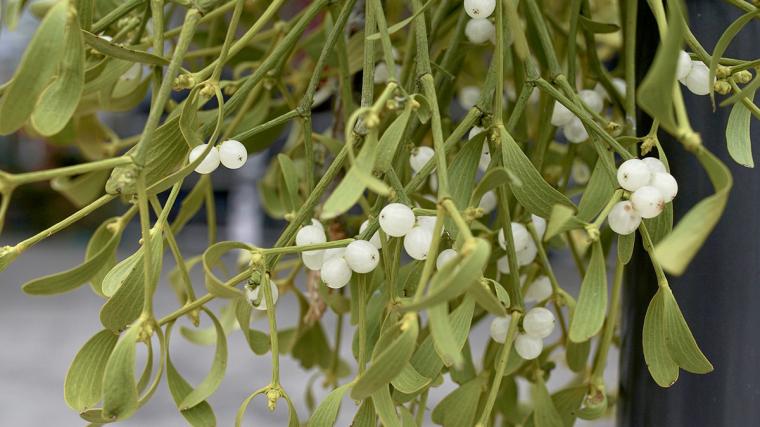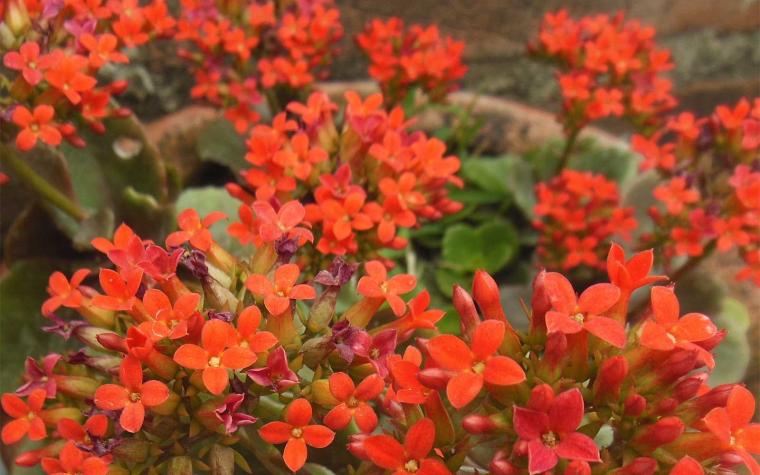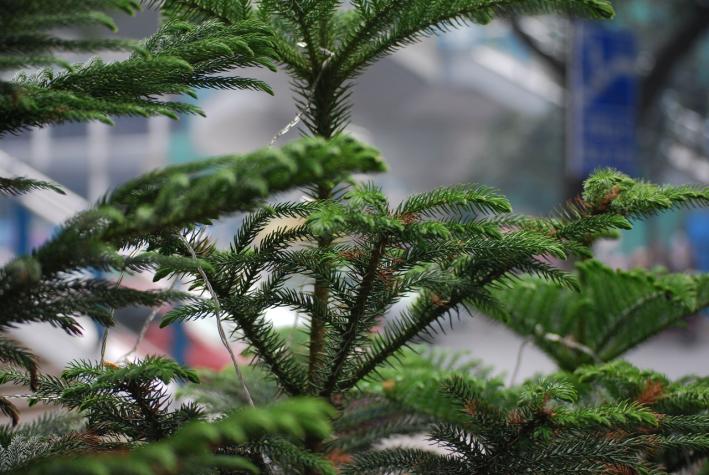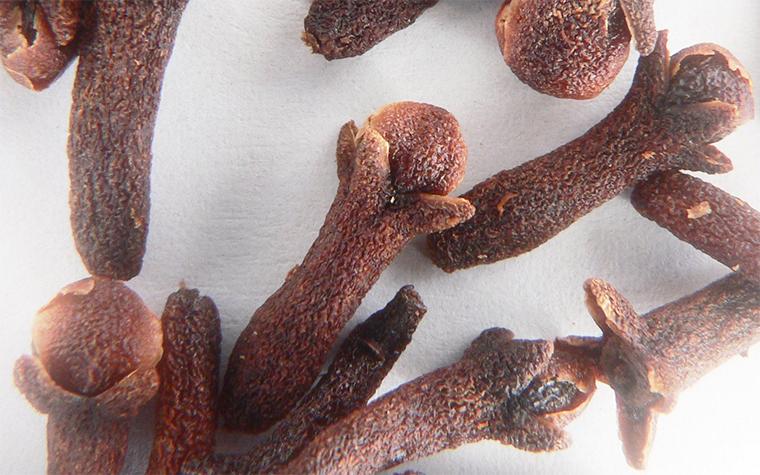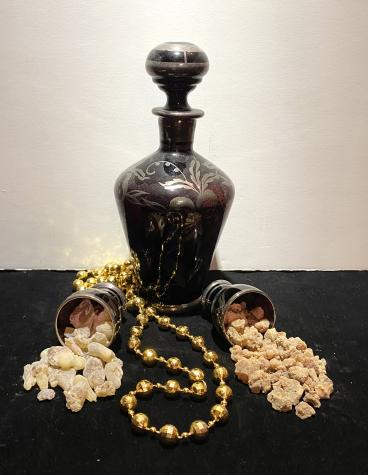Holiday plants bring wintertime cheer.
The leaves have dropped, branches are bare, and the garden blooms are gone, but trees and flowering plants still bring us cheer during the winter holidays.
Few plants are as closely associated with the winter holidays as the poinsettia, America’s No. 1 flowering plant. Yet it’s a relative newcomer as holiday décor, notes University of Missouri Extension horticulturist David Trinklein. If you’re up for a challenge, you can rebloom poinsettias. Pet owners often spurn poinsettias because of their rumored toxicity, though research suggests the risk is minimal.
Mistletoe, on the other hand, is quite toxic. You might steal a kiss under the mistletoe, but eating its white berries – or any part of the plant – could be the kiss of death. Trinklein provides the lowdown on mistletoe and other potentially poisonous holiday plants.
Kalanchoe is a lesser-known holiday bloomer. “Kalanchoes are the Energizer Bunny of flowering houseplants,” says Trinklein. “Their flowers just keep going and going and going.”
If you are looking for a plant that can bloom for many years to come, try a holiday cactus. “Given proper care, the holiday cacti have been known to outlive their caretakers and provide years of brilliant color around Christmas,” he says.
Don’t have the time and space for a large Christmas tree, but you can’t bring yourself to get an artificial one? The Norfolk Island pine might be for you. They’re low-maintenance, slow-growing and seldom need repotting.
Trees and flowering plants enhance the holidays not just with their beauty. Several tree species create tastes and aromas that we indelibly associate with the season, Trinklein notes. Cinnamon, nutmeg and clove are among the spices that can conjure vivid memories of Christmases past.
Among the very first Christmas gifts were frankincense and myrrh. While you can’t grow frankincense and myrrh trees in Missouri’s climate, many oils, incenses and perfumes that diffuse the enticing, mystical aromas of these species are readily available, says MU Extension horticulturist Michele Warmund.
Related: Tips and resources for the holidays
